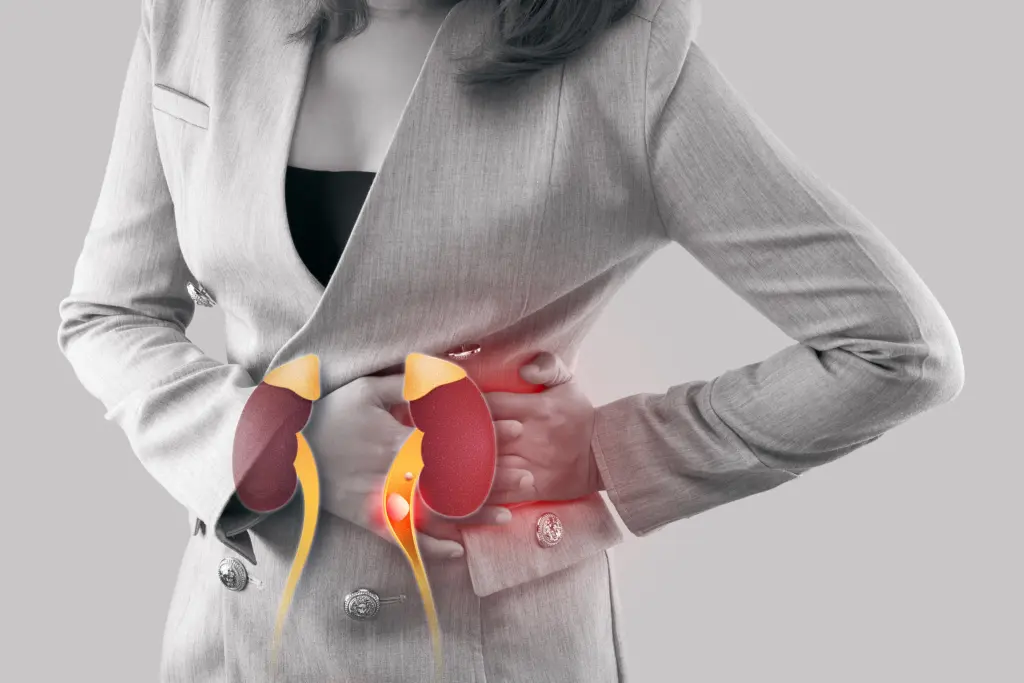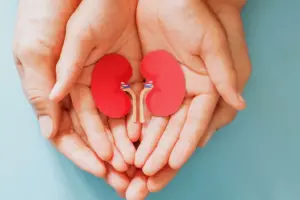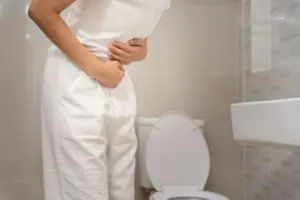
Stress and kidney stones: Have you ever wondered whether stress can trigger kidney stones? You’re not alone. Stones are notoriously painful, and stress is tied to many health issues, but is there a real link between the two?
What are kidney stones?
Kidney stones are small, hard deposits that form inside the kidneys when certain minerals in the urine crystallise and clump together. They can range from the size of a grain of sand to a marble. Some pass unnoticed; others cause severe pain, especially when the stone moves through the urinary tract.
Also Read | How long does it take to pass a kidney stone? 4 stages explained
Common symptoms of kidney stones include:
- Sharp pain in your back or side.
- Pain when you pee.
- Blood in your urine.
- Nausea or vomiting.
- Frequent urge to urinate.
What causes kidney stones?
Here are a few common causes of kidney stones:
- Not drinking enough water.
- Eating too much salt, sugar, or animal protein.
- Obesity.
- Certain medical conditions (like gout or urinary tract infections).
- Family history of kidney stones.

Can stress directly cause kidney stones?
Stress by itself doesn’t create kidney stones, but it can set the stage for them. Think of stress as a trigger, not the main cause, that nudges your habits in the wrong direction and makes stone-forming conditions more likely.
When you’re tense, you may drink less water and reach for coffee or sugary drinks; dehydration and high-sugar intake can concentrate urine. Aim for about 8–10 glasses of water daily. Stress eating can also aggravate the issue. Too-salty or sugary snacks may raise urinary calcium or oxalate, both linked to stone formation.
When to see a doctor for kidney stones?
If you think you might have a kidney stone, or if you’re at high risk due to stress, diet, or family history, talk to your doctor. They can run simple tests to check your kidney health and give you the right advice.
Seek immediate help if you experience:
- Severe back or belly pain.
- Blood in your urine.
- Vomiting with pain.
- Trouble urinating.
Also Read | UTI vs. kidney infection: How to tell the difference
Stress isn’t the direct culprit behind kidney stones, yet it influences the habits that matter: how much you drink, what you eat, how you sleep, and how active you are. The good news is you can change those levers. With a few practical adjustments and smarter stress management, you’ll safeguard your kidneys and feel better day to day.








